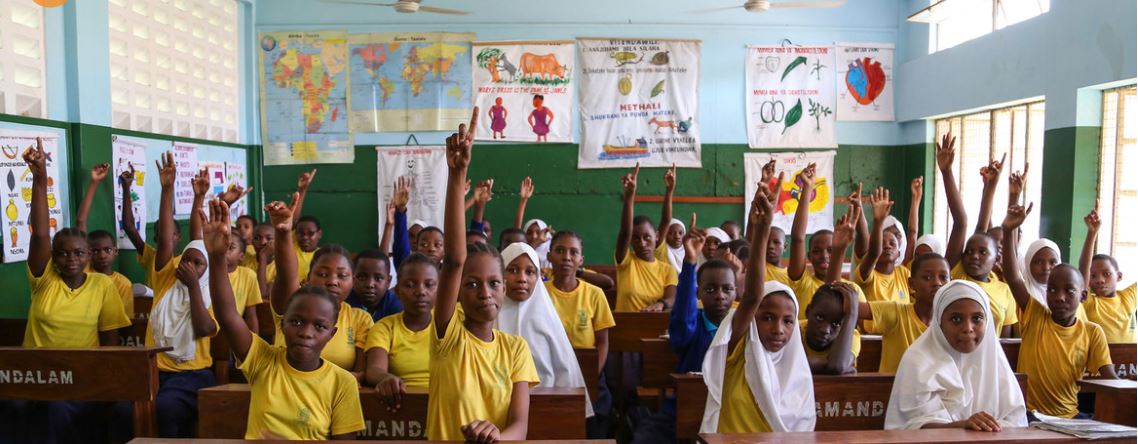Schools are “not equipping young people with the skills they need to navigate the technological revolution”, UN Secretary-General António Guterres warned, in a message released to mark the UN’s International Youth Day.
Transforming Education is the theme for this year, which comes at a time when the world is facing a “learning crisis”, says Mr Guterres, and students need not only to learn, “but to learn how to learn”.
The UN’s Department of Economic and Social Affairs (DESA), which is co-organising the Day alongside the UN Education, Science and Culture Organization (UNESCO), says that statistics demonstrate that significant transformations are still required to make education systems more inclusive and accessible: only 10% of people have completed upper secondary education in low income countries; 40 % of the global population is not taught in a language they speak or fully understand; and over 75 % of secondary school age refugees are out of school.
Ensuring access to inclusive and equitable education, and promoting lifelong learning, is one of the goals of the UN’s 2030 Agenda for Sustainable Development, and International Youth Day 2019, will present examples that show how education is changing to meet modern challenges.
The role of young people as champions of inclusive and accessible education is also being highlighted, as youth-led organizations are helping to transform education, through lobbying, advocacy, and partnerships with educational institutions.
“Education today should combine knowledge, life skills and critical thinking”, said Mr. Guterres. It should include information on sustainability and climate change. And it should advance gender equality, human rights and a culture of peace”.
All these elements are included in Youth 2030, the UN’s strategy to scale up global, regional and national actions to meet young people’s needs, realize their rights and tap their possibilities as agents of change.




